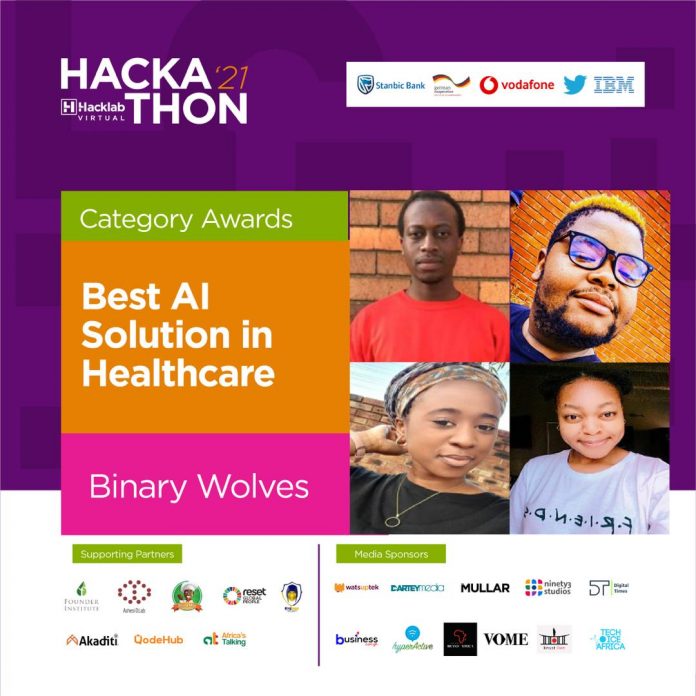Johannesburg – “I certainly don’t think the knowledge that we have now will sustain us in 10 to 20 years’ time,” says Eugene Ndlovu.
“Everything is changing so quickly. We need to continue to reskill ourselves if we are going to remain competitive during the Fourth Industrial Revolution (4IR) and the industrial revolutions to come.”
Eugene is a third-year Business Information Technology student at the University of Johannesburg (UJ) and a member of the university’s Technopreneurship Centre. It seeks to provide the digital training necessary to equip students with critical 4IR skills – skills they can use to ideate and innovate, and to come up with practical solutions to real-life problems.
“The Technopreneurship Centre isn’t only for IT students, but everyone who is willing to contribute positively to the centre,” says Ronny Mabokela, a lecturer in the Department of Applied Information Systems and the centre’s head.
“It’s completely interdisciplinary. The students who use it come from departments as far afield as marketing and education, and are mentored by leading academic and industry experts.” The centre actively fosters collaboration and, in this way, helps students to develop disruptive and effective solutions they might not have considered without the help of their peers.
Winning awards at Hacklab 2021
In April 2021, two teams from the Technopreneurship Centre competed in an international virtual hackathon in Ghana and walked away with the top awards. The event, Hacklab 2021, is the largest hackathon in West Africa, and was attended by over 1,000 participants, including developers, designers, entrepreneurs, policymakers, industry partners and other technology stakeholders. This year’s theme was focused on leveraging AI to drive digital transformation in Africa.
Saving lives
One of the UJ teams – The Binary Wolves – focused on improving services offered in the healthcare sector, winning the award for Best AI Solution for Health Care. “Our research revealed that many unnecessary deaths occur because emergency response vehicles are unable to respond adequately to critical situations,” says Binary Wolves team member Patience Mokokota. “Ambulances often take too long to arrive on site, and sometimes deliver patients to hospitals that don’t have the capacity to deal with them, either in terms of beds or staff.”
Binary Wolves’ solution comprised an AI-powered platform, LESEDI, that allows emergency response teams to track and dispatch vehicles to the right areas at the right time. “Users of the app can identify available ambulances and monitor the capacity of nearby hospitals,” says Janice Nsunzu, another team member. LESEDI was built from scratch at the Technopreneur Centre without the involvement of external parties.
Looking to the future
The centre currently has about 10 projects running at various stages of development and across a range of topics. “We want the centre to be a breeding ground for tech solutions that help people – and, especially, that help people to find work,” says Ronny. “We believe that 4IR presents incredible opportunities in terms of employment. While some jobs will inevitably fall away, many more will become available as people reskill and upskill.”
4IR is nurturing a generation of technopreneurs eager to change and improve the world. And thank goodness for that. With their enthusiasm for knowledge-sharing, innovation and collaboration, a brighter future might yet be possible. Visit www.uj.ac.za/4IR for more on this and other 4IR in Action stories.
Also read: Learning in a pandemic. Learning for success.
Follow @SundayWorldZA on Twitter and @sundayworldza on Instagram, or like our Facebook Page, Sunday World, by clicking here for the latest breaking news in South Africa. To Subscribe to Sunday World, click here.
Sunday World



